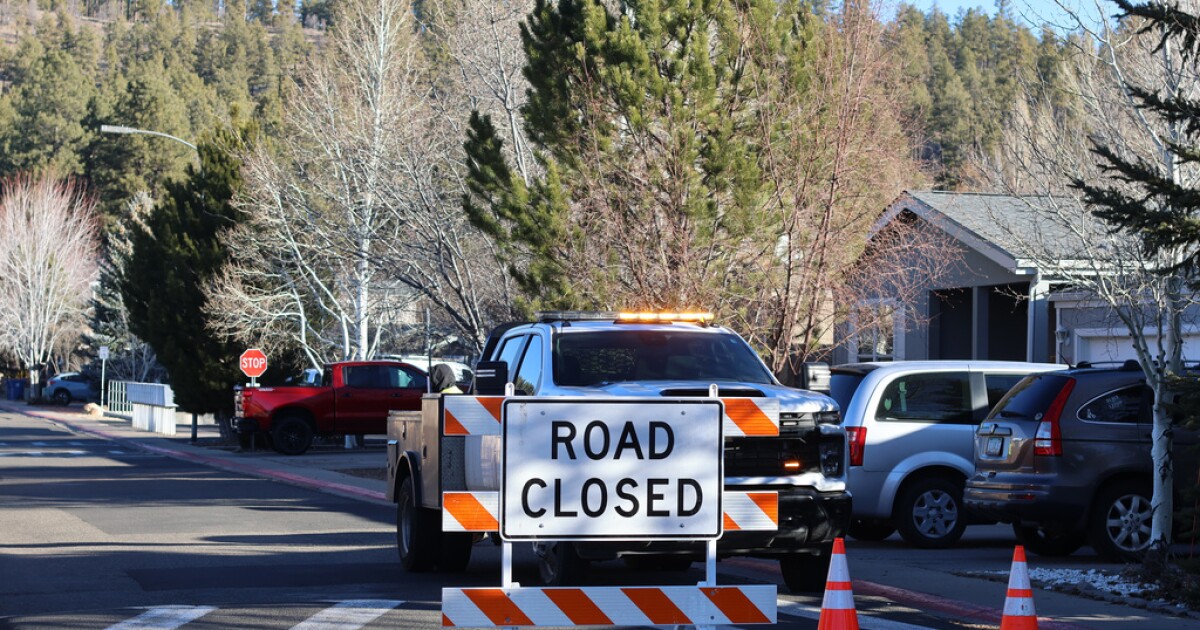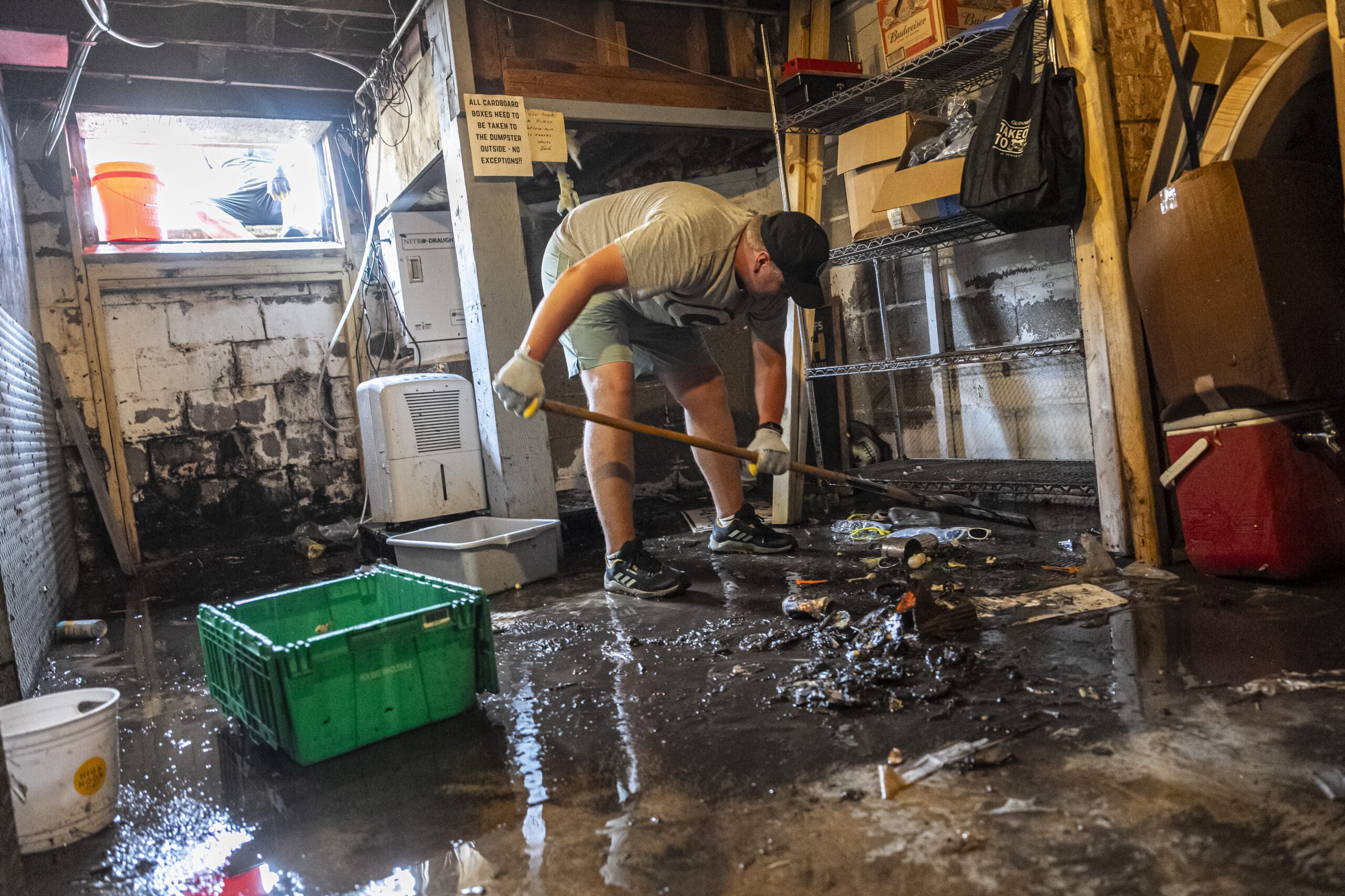In a move that has sparked both political debate and legal scrutiny, the Pentagon has authorized a substantial deployment of military personnel to Los Angeles, sending nearly 5,000 National Guard troops and Marines. This deployment, initiated in response to recent immigration protests, comes with a projected cost of around $134 million and will last for 60 days, according to the Pentagon’s acting comptroller.
During a session with the House Appropriations Subcommittee on Defense, Bryn MacDonnell detailed that the financial allocation for this military operation will be sourced from the Defense Department’s operations and maintenance budget, covering a range of expenses such as travel, housing, and food. This briefing provided the most comprehensive financial outline to date regarding the administration’s contentious strategy for addressing the unrest in Los Angeles.
In the wake of President Trump’s mass deportation policies, the Pentagon approved the rapid dispatch of 4,000 National Guard members accompanied by 700 active-duty Marines to the city. Their primary mission involves the protection of federal immigration officers and federal property. This decision follows a series of protests over the administration’s actions on immigration.
Criticism, particularly from Democrats and California officials, has been swift, with many arguing that the increase in military presence is an escalation. Legal action has been initiated in pursuit of having these troops withdrawn.
The details of the deployment costs emerged amidst heated discussions as Defense Secretary Pete Hegseth faced questioning at a House hearing on Tuesday. Representative Pete Aguilar, D-Calif., challenged the necessity of deploying active-duty forces, echoing concerns raised multiple times throughout the session by his Democratic colleagues.
“President [Donald] Trump believes in law and order, so he has every authority,” Hegseth remarked regarding the strategy. Aguilar countered, suggesting the mission risked breaching legal boundaries by aligning too closely with domestic law enforcement activities, which are typically restricted unless the Insurrection Act is invoked.
Experts and former defense officials have provided input suggesting that while the deployments fall within legal parameters, they may push the military into roles perilously similar to domestic policing, possibly entangling them in political disputes.









